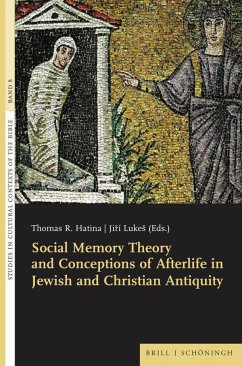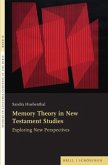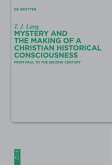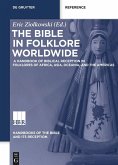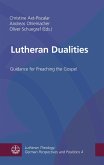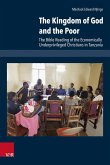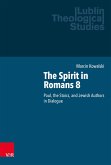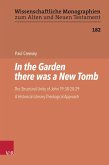Why are conceptions of afterlife so diverse in both Jewish and Christian antiquity? This collection of essays offers explanations for this diversity through the lens of social memory theory. The contributors attempt to understand how and why received traditions about the afterlife needed to be altered, invented and even forgotten if they were to have relevance in the present. Select ancient texts conveying the hopes and fears of the afterlife are viewed as products of transmission processes that appropriated the past in conformity with identity constructs of each community. The range of literature in this collection spans from the earliest receptions of Israelite traditions within early Judaism to the Patristic/Rabbinic period.
Hinweis: Dieser Artikel kann nur an eine deutsche Lieferadresse ausgeliefert werden.
Hinweis: Dieser Artikel kann nur an eine deutsche Lieferadresse ausgeliefert werden.

